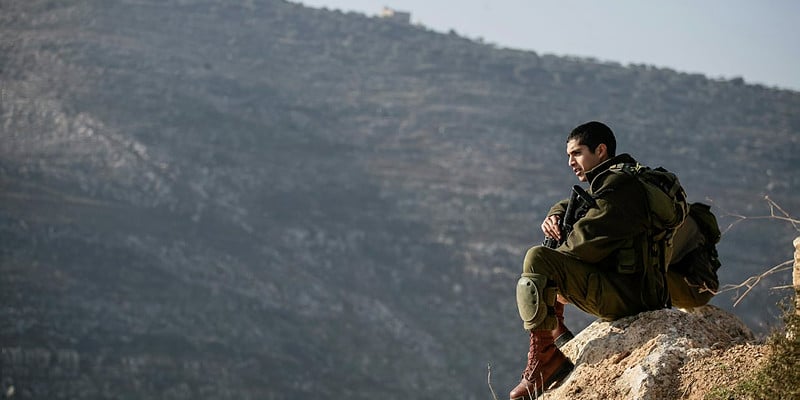Many changes have taken place in the region since Barak’s and Olmert’s far-reaching concessions, including the advent of the strategic threat from Iran and its proxies.
By Maj.Gen. (res.) Gershon Hacohen, BESA Center
Three fundamental questions help to clarify the positions voiced over the past few days on the possible annexation of the Jordan Valley:
– How wide does the Jordan Valley need to be to serve a security purpose? Does it need to run only from the Jordan crossings to Highway 90, or should it extend over 15 km west as envisaged by Yitzhak Rabin in his last speech to the Knesset?
– Is Israel’s need for the Jordan Valley conjectural or circumstantial, and therefore open to negotiation, or is it a basic and permanent requirement for Israel’s security?
– How does this area of land fit into an overall national outline for the construction of localities, roads, and infrastructure, to serve as Israel’s eastern wing?
Most people currently addressing this issue agree that IDF control over the Jordan Valley is essential. The question is how broad the area should be.
Strategically, for the space to be organized for defensive purposes (as proposed by the Allon Plan of the late 1960s), Israel must control the entire area from the Jordan River to the ridge lines in Samaria on two levels: first, control of the hill line that dominates the artery to the west, as absence of such control would mean that movement on the artery cannot be secured; and second, along the Allon Road, which would also require control of the ridge lines to the west.
Those advocating ending the Israeli presence in the Jordan Valley, including former Prime Ministers Ehud Barak and Ehud Olmert, do not deny this military necessity. Barak, who was prepared at the Camp David summit of July 2000 to relinquish the entire Jordan Valley to Palestinian control, was keenly aware of the security implications attending this concession: As chief of staff, he defined the territorial space extending from the Jordan border to the western ridges in Samaria (i.e., Mount Ebal and Mount Gerizim) as vital for Israel’s defense.
Many changes have taken place in the region since Barak’s and Olmert’s far-reaching concessions, including the advent of the strategic threat from the Gaza Strip, Hezbollah’s acquisition of some 100,000-200,000 missiles and rockets, Iran’s military entrenchment in Syria, and the deployment of Iranian proxy militias close to the Syrian-Israeli border. Meanwhile, international forces have been repeatedly shown to have difficulty securing the peace in hostile spaces over time.
Israel’s right-of-center approach to the above three fundamental questions regarding the Jordan Valley is clear and unequivocal: a full-scale, broad-based definition of this territory is essential to Israel’s security and is not subject to negotiation. The permanent retention of the Jordan Valley thus requires not only military deployment but a comprehensive development plan—i.e., the construction of housing, roads, and infrastructure—that will establish this territory as Israel’s eastern wing.
Send 'Warm Winter' Care Packages to Israeli Soldiers - They are Cold!
We are honored to thank the young men and women of the IDF who risk their lives every day to defend the citizens of Israel.
Join us in sending winter care packages and personal notes of support to Israeli soldiers who are out in the cold all day.
Warm up a soldier's heart with essential winter wear including fleece jackets. Keep an entire unit warm by ordering 10 packages... The soldiers truly appreciate your love and concern!
Do You Love Israel? Make a Donation - Show Your Support!
Donate to vital charities that help protect Israeli citizens and inspire millions around the world to support Israel too!
Now more than ever, Israel needs your help to fight and win the war -- including on the battlefield of public opinion.
Antisemitism, anti-Israel bias and boycotts are out of control. Israel's enemies are inciting terror and violence against innocent Israelis and Jews around the world. Help us fight back!

